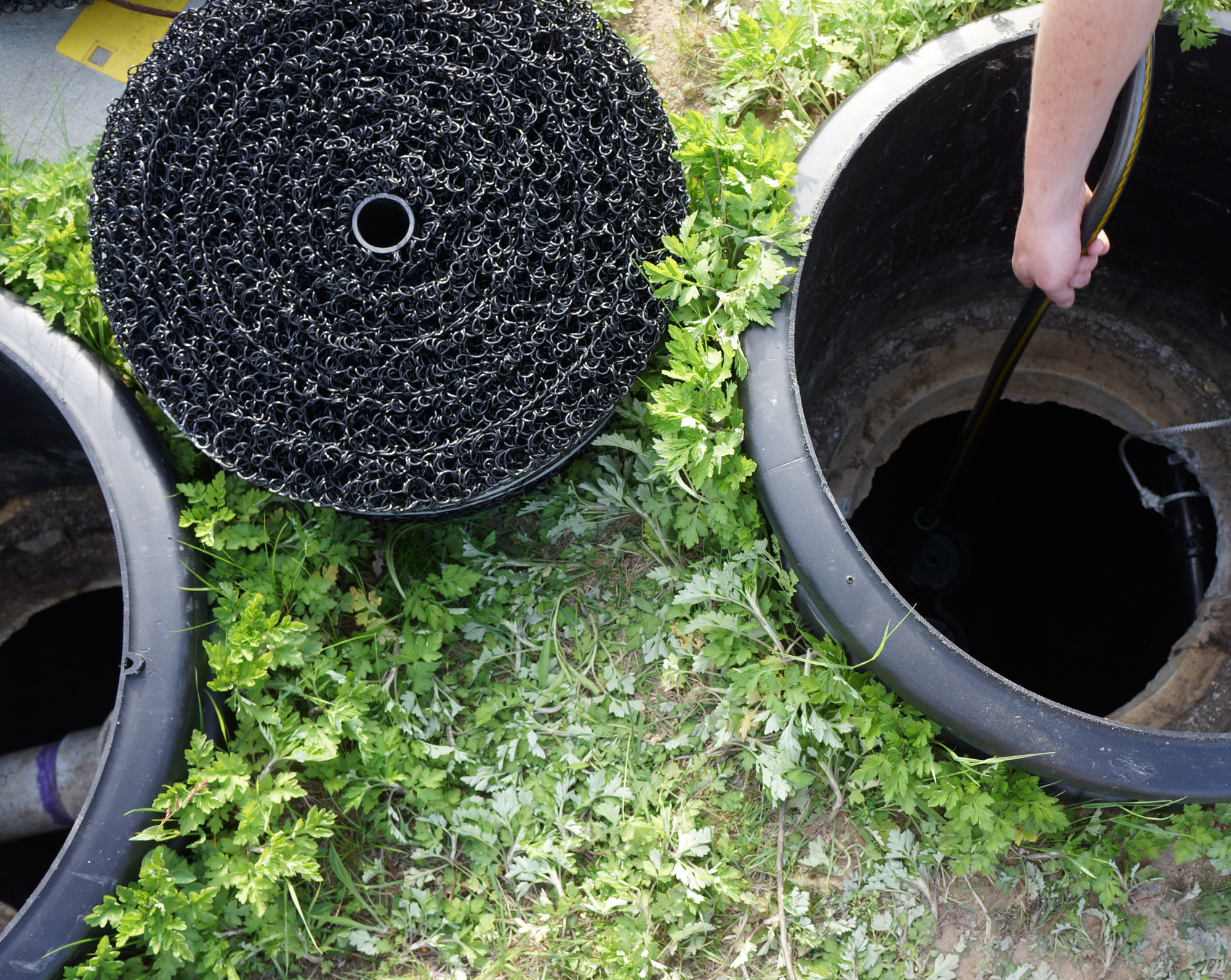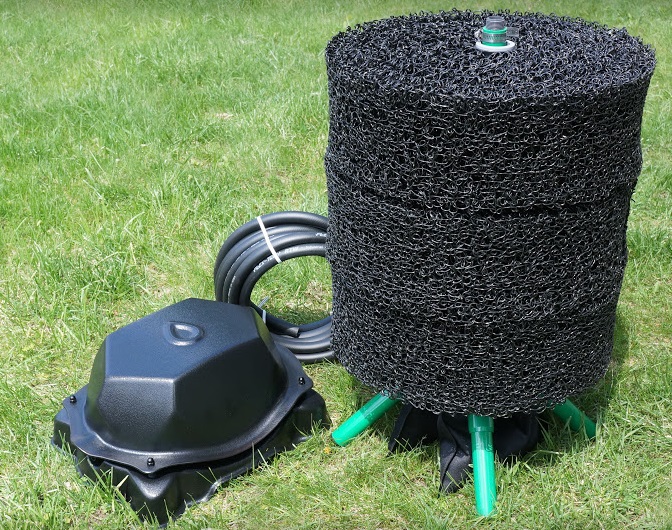Septic system problems facing Florida
The State of Florida relies heavily on septic systems to treat their wastewater. Florida has an onsite wastewater management issue that has been exacerbated by population increase and flooding (predominantly from climate change). Scientists found that from 2011 – 2015 sea level rose 6 times the global mean in locations South of Cape Hatteras (>20 mm/y) due to a collision of natural processes. The rising sea level is exacerbating legacy environmental issues created from poor management of the onsite wastewater industry. Some of these problems include eutrophication, reduced fish populations, infections in mammals (dolphins), and significantly reduced recreation in these waterways due to fecal contamination.
What does this have to do with your septic system? There are an estimated 300,000 septic tanks in the five counties that hug the Indian River lagoon alone, 140,000 of those are within the drainage basin that flows to the estuary. Untold thousands fail, or were installed improperly or under old rules that failed to protect groundwater.
Let’s have a look at a Basin in Florida that is having issues. The population surrounding the Indian River lagoon and its tributaries has more than doubled in the past 60 years. Florida is made up of predominantly sandy soils which means the percolation rate of water through the soil profile is significantly increased and the depth to the ground water in many these communities is ≤ 3ft. These conditions coupled with the increased frequency and intensity of storms (especially during the wet season) makes any one of the ongoing many issues (reduced fish populations, eutrophication, fecal contamination, infections in mammals) drastically worse.
“The problem is septic tanks really don’t treat the sewage to a very high level, they are not engineered to remove nutrients, and they don’t disinfect [reduce fecal coliform levels]. So today we have upwards of 600,000 septic tanks leaching into tidal creeks and canals that flow into the Indian River Lagoon.” (Source: http://www.pbs.org/newshour/bb/septic-tanks-may-imperil-florida-ecosystem/ )
Island Water Technologies has recently gained approval for ClearPod as an Alternative Repair Method for Septic Systems in Florida attempting to address these issues one septic system at a time. ClearPod provides energy efficient, robust treatment that demonstrates a consistent effluent quality of <30mg/L cBOD / TSS with a removal efficiency of 85-90% and it cuts fecal coliform levels in half. ClearPod can be dropped into NEW and EXISTING septic systems and provide an engineered treatment solution with a consistent effluent quality. This increases a septic system’s performance, it’s lifetime, and significantly reduces nutrients entering basins/tributaries, one septic system at a time.
Florida Department of Health is looking at rolling out large Basin Management Action Plans (BMAPS) It is important to note that there are a large number of factors, including industrial agricultural activities, that also contribute to the nutrient levels in these basins. An engineered treatment solution is an inexpensive way that a homeowner can contribute to reducing these contaminants in their basins. For more information about BMAPS, here are is number of links outlining the new initiative:
- As part of Florida’s efforts of addressing impaired waters, the Florida Department of Environmental Protection (FDEP) is developing Basin Management Action Plans (BMAPs). For some water bodies, FDEP will address onsite sewage treatment and disposal systems (OSTDS) with an OSTDS remediation plan.
- The Florida legislature is currently discussing several bills that would address onsite systems: HB 551, SB874, HB285
For more information about purchasing a ClearPod in Florida, Please Contact:
Greg Mayfield
Southern Water & Soil
Email: southernwater@gmail.com
phone: (813) 785-0500




